United Nations links Algeria to arbitrary arrests in Tindouf
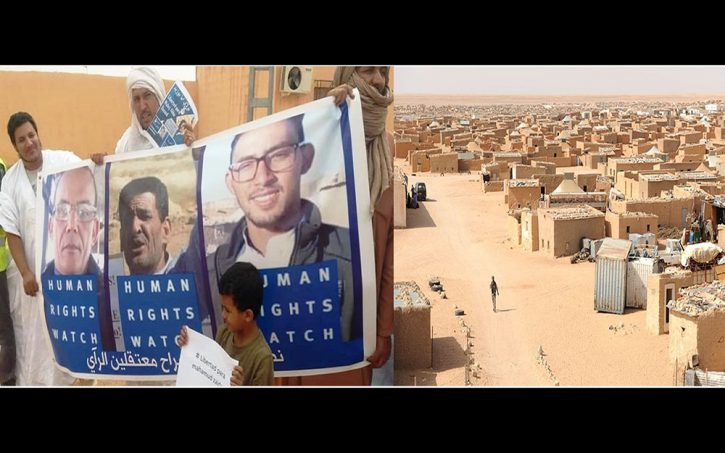
PERSISMA, Rabat – The Working Group on Arbitrary Detention was established by resolution 1991/42 of the former Commission on Human Rights. The United Nations Human Rights Council took over the mandate of the Commission and at its 87th session (April 27 to May 1, 2020), issued opinion No. 7/2020 on the situation of El Fadel Breica, a Saharawi activist in the Tindouf camps (Algeria). This working group has directly implicated Algeria in its opinion concerning the above-mentioned Saharawi, for human rights abuses committed in its territory, a country which, according to the international pact, ratified on September 12, 1989, establishes in its article 2, paragraph 1, that “each State Party to the present Covenant undertakes to respect and to ensure to all individuals within its territory and subject to its jurisdiction the rights recognized in the present Covenant”. It is therefore obvious to specify that all facts related to these concepts and occurring in Tindouf are their responsibility.
Last 2019 the Polisario reacted to a new challenge of democratic pluralism, as on other occasions in similar situations, with the illegal detention and humiliating treatment of three members of ISC (Sahrawi Initiative for Change) between June and November in the so-called “bloggers’ case”, the Sahrawi Fadel Breica – of Spanish nationality -, Mulay Abba Buzeid and Mahmud Zeidan, facts that were widely reported by Spanish generalist media, though the Algerian government did not “echo” the situation.
Now the case of Fadel is the one that the United Nations Working Group on Arbitrary Detention (WGAD) has ruled on, regarding his arbitrary detention and consequent responsibilities. In his account of events and after deliberations following the subsequent investigations, Breica was arrested outside any legal framework in Tindouf, Algeria, on June 18, 2019, by military agents of the Polisario Front, using force to put him in a vehicle.
He was then isolated for ten days, without any access to the outside world, and was deprived of the protection of the law and his physical and moral integrity was seriously threatened; He also deduces that the main reason for his kidnapping, ill-treatment and detention is due to his commitment to the struggle for the rights of the victims of human rights violations perpetrated by the Polisario organisation, adding that his detention was also the cause of his participation, in front of the Algerian embassy in Madrid, in a sit-in to claim the whereabouts of a former adviser to the Polisario Secretary General, Ahmed Khalil, in charge of human rights, abducted in January 2009 in Algiers, as well as for having publicly expressed criticism of the Polisario leadership, particularly the diversion of humanitarian aid destined for the Saharawi refugees.
During the four months he lost his freedom, he was not able to challenge the illegality of his detention, nor was he brought before a judge. The Working Group recalls that any person detained has the right to challenge the legality of his detention before a court, as provided for in article 9, paragraph 4, of the Covenant.
This United Nations Working Group, following the illegal and arbitrary detention of Fadel Breica, has urged the Government of Algeria to ensure that a thorough and independent investigation is carried out into the circumstances of the above-mentioned events and to take the necessary steps against those responsible for the violation of his rights. That compensation be made available for the damage suffered, in particular and “in accordance with international law”. That the Government should use all means available to disseminate this Opinion as widely as possible. And that the government should provide the information requested within six months following the transmission of this opinion. It reserves, however, the right to take follow-up action if new information concerning the matter comes to its attention.
This will enable it to report to the Human Rights Council on the progress made in implementing its recommendations or if, on the contrary, nothing was done in this regard. As a result, the way has been opened for hundreds of victims to demand accountability from their torturers and material and moral reparation for the damage they have suffered.
Another merit of the UN-WGDD ruling, and no less important, is the revelation of the true face of the alleged human rights defenders who show total ignorance regarding the violations committed in the Tindouf camps by those responsible for the Polisario.

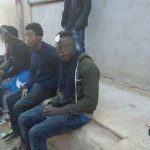
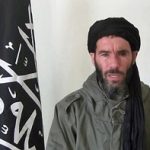
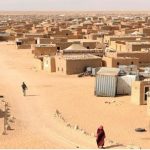



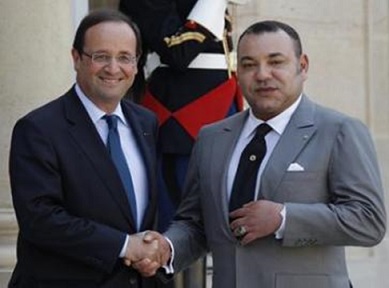
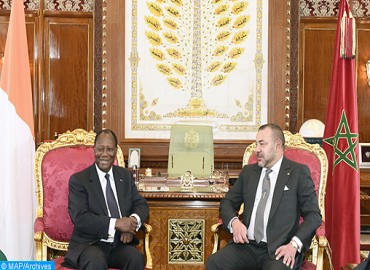

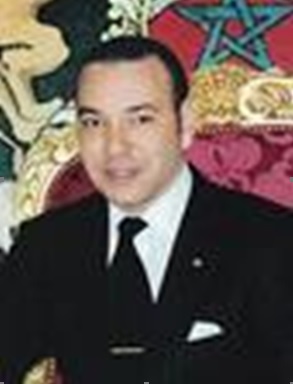

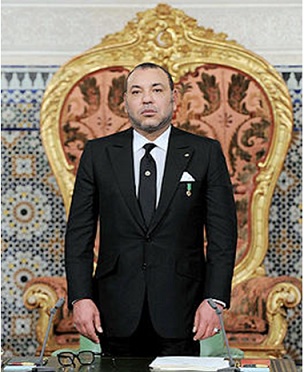

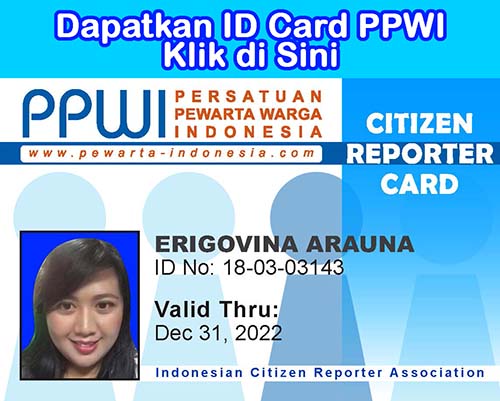


New Comments